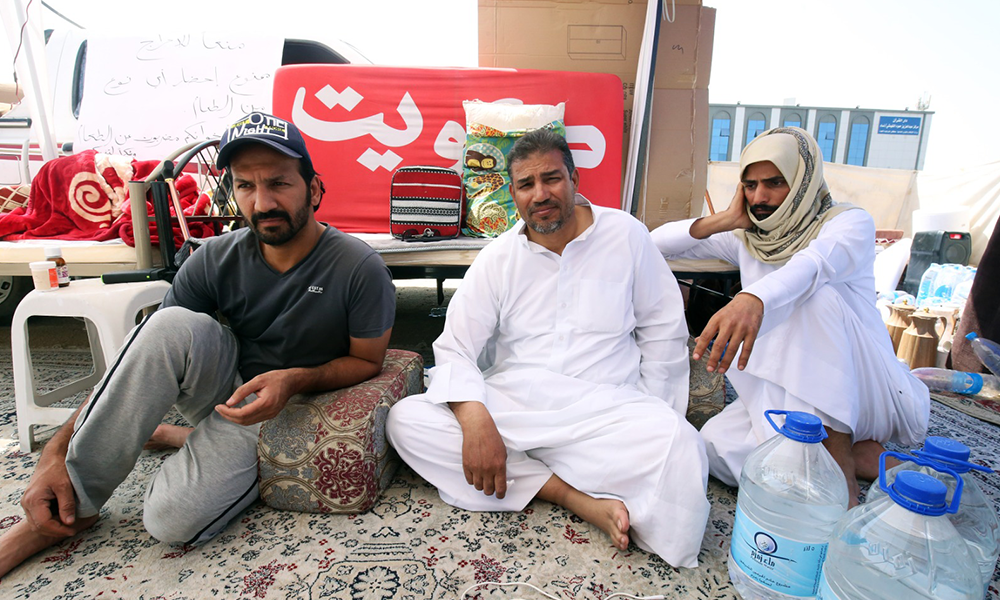The Bahraini government promotes its human rights record through formal steps taken from time to time. These efforts often aim to cover up its violations and present an incomplete picture of the human rights situation in the country. Since the start of the popular demand movement in 2011, there has been no real reform. However,[…]
Updated: Husain Ali Muhana was a 21-year-old Bahraini student when Bahraini authorities arrested him without presenting an arrest warrant at his friend’s house on 14 December 2017. During his detention, he was subjected to torture, isolation, solitary confinement, enforced disappearance, denial of access to his lawyer during interrogation, unfair trials, and medical negligence. He is[…]
Perhaps not-so-well-known, transnational repression constitutes a threat to human rights that has been going on for decades. The phenomenon, which entails governments reaching beyond their borders to silence or deter dissent by committing human rights abuses against their nationals or former nationals, has been extensively documented by Human Rights Watch. The 2018 murder and dismemberment[…]
In April 2024, the Court of Appeal in Saudi Arabia approved two death sentences for Yousif Al-Manasif and Ali Al-Mubaiouq, both Saudi nationals, who were accused of protest-related crimes allegedly committed as children. The two men were arrested between April 2017 and January 2018 for protesting against the government and ‘betraying the homeland’, a time[…]
Bedoon, meaning “without nationality” in Arabic, is a stateless Arab minority in Kuwait who were not granted citizenship at the time of the country’s independence or shortly thereafter. The government currently labels Bedoon as “illegal residents,” despite many having no tangible connections to any country other than Kuwait, and notwithstanding decades of social discourse depicting[…]









